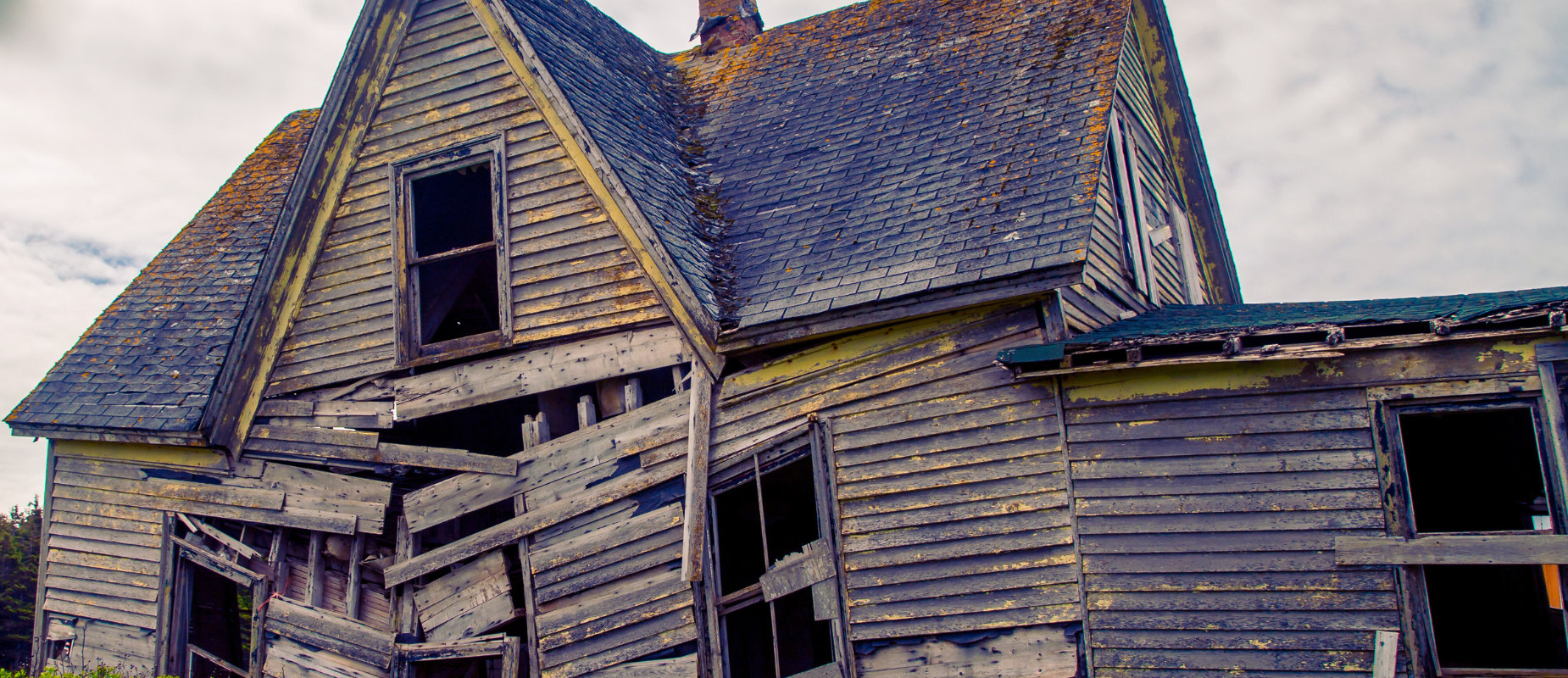
Understanding The Table Of Contents: A Comprehensive Guide
If you are a landlord in Virginia, you should be aware of the damage your renters might cause to your rental property. This guide is meant to help landlords fully understand damage caused by tenants and how to deal with it.
The table of contents is one of the most important parts of this guide. It lists all the sections and themes that are covered. If you know what the table of contents means, you can easily find your way around this book and fully understand tenant damage in Virginia.
Each part gives landlords useful information and advice, from explaining what damage a renter does to how to avoid it and handle security deposits. The topics table also includes an index and a glossary to make it easy to find things.
Landlords in Virginia can better protect their rental homes from damage caused by tenants if they use this complete guide and understand what it covers.
The Importance Of Tenant Rights In Virginia
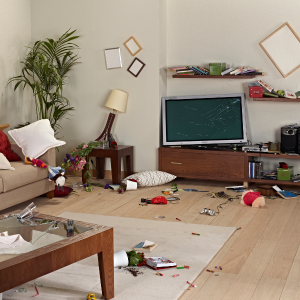
In Virginia, landlords need to know and value their tenants’ rights, especially regarding damage that could happen to the rental property.
Tenants in Virginia have the right to a safe and habitable place to live, to be protected from unfair eviction, and to be given proper notice before any changes or fixes are made to the property.
Also, landlords must follow strict rules when they charge renters for damage, and they can’t make tenants pay for normal wear and tear.
Knowing their tenants’ rights can help landlords maintain good relationships with them and protect their interests.
Navigating Property Damage Laws As A Landlord In Virginia
As a Virginia landlord, you should know the rules about what to do when your tenants damage your property. Virginia law says landlords can charge renters for any damage they do to the rental property that isn’t normal wear and tear.
In other words, landlords can ask renters to pay for repairs or replacements that need to be done because the tenants were careless or damaged the property on purpose. However, it is very important for landlords to properly record and show how bad the damage is to go to court.
Also, landlords should clarify in the lease deal what is expected of the tenant and what will happen if the property is damaged. When tenants damage property in Virginia, landlords can handle any situation by knowing the laws and taking the right steps.
Types Of Property Damage Caused By Tenants In Virginia
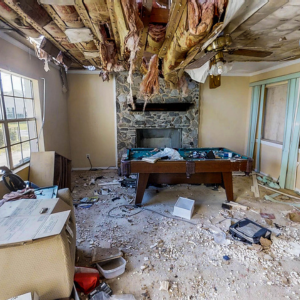
For Virginia landlords, knowing what kinds of damage renters can do to their rental property is important for maintaining its value and integrity. Breaking windows and doors or making holes in the walls or floors are all examples of physical harm.
Cosmetic damage, like stains on rugs or walls, may not affect how the property works but can still make it look worse. Additionally, tenants may damage tools and fixtures on purpose or by accident.
Furthermore, too much mess or dirty living conditions can cause long-lasting harm to a home. By knowing about these possible damages, landlords can better protect their properties and deal with any problems their renters cause.
Preventing Tenant Damage To Your Rental Property In Virginia
If you are a landlord in Virginia, you should know what damage your tenants might do to your rental property and take steps to prevent it. One important step is to do full background checks on possible renters before letting them move in.
This can help you avoid renters who have a past of breaking things or not caring for their apartments. Also, making it clear in the lease deal what the tenants are expected to do to keep the property in good shape can help set limits and hold them responsible.
Regular checks and up-to-date maintenance can also help find problems before they worsen and are costly. By stopping tenant damage, owners can save time, money, and stress in the long run.
Know Your Rights: Landlord Protections Against Tenant Damages In Virginia
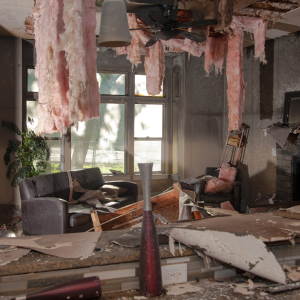
It’s important for Virginia landlords to know their rights and benefits regarding tenant damage. The Virginia Residential Landlord and Tenant Act states that owners can charge tenants for damage to the rental property that goes beyond normal wear and tear.
This includes harm that the tenant caused on purpose or because of carelessness. Landlords can keep some of the security deposit to pay for these damages, but they must give a detailed list of the deductions within 45 days of the renter moving out.
Also, landlords can sue tenants for losses greater than the security deposit. To protect their property and their money, landlords must carefully record any damage before and after each rental period and follow all the steps required by state law.
Steps To Take When Dealing With Tenant-inflicted Property Damage
As a landlord in Virginia, you must understand the measures to take when dealing with tenant-caused property damage. First, document the damage with photos and a detailed description.
This will be used as evidence in any prospective legal action. Next, notify the tenant of the damage and deliver a written notice to address it or fund the expense of repairs.
If they fail to do so, you may need to seek legal assistance and make a claim against their security deposit. It is critical to follow all current laws and regulations when dealing with property damage caused by tenants.
Consider implementing preventative measures like frequent inspections and extensive screening processes for future tenants.
Legal Consequences For Tenants Who Cause Property Damage In Virginia
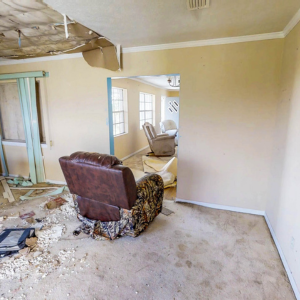
As a Virginia landlord, you must understand the legal repercussions that tenants may face if they damage your rental property. In most circumstances, tenants are liable for any damage they produce beyond regular wear and tear.
This includes deliberate destruction, such as vandalism or careless actions. According to the Virginia Residential Landlord and Tenant Act, landlords can demand reimbursement from renters for any damages caused during their tenancy.
This could involve removing repair costs from the security deposit or pursuing legal action to recover additional charges. Landlords must meticulously document damages and follow proper legal procedures when seeking tenant reimbursement.
Failure to do so may result in legal consequences for both parties involved.
Common Misconceptions About Tenant Responsibility For Property Damage
Many Virginia landlords have misconceptions regarding their tenants’ responsibilities for property damage. One prevalent fallacy is that tenants are liable for all damages, whether or not they caused them.
However, Virginia law holds tenants accountable only for losses produced by their own negligence or intentional behavior. Landlords cannot keep a tenant’s security deposit indefinitely for damages. Instead, the deposit must be repaid within 45 days of lease termination unless there are justifiable deductions for damages.
Normal wear and tear on a rental property is not considered tenant damage and will not be deducted from the security deposit. Understanding these myths might help landlords avoid disputes with tenants over property damage.
How To Document And Report Tenant-inflicted Property Damage In Virginia

Tenant damage to property is a regular problem for landlords in Virginia. As a landlord, you must know how to record and report any damage your renters cause properly.
This will protect your rental property and make sure you get paid for any fixes or replacements that need to be done. First, it’s important to check the house carefully before the tenant moves in and keep records of its state with photos and written descriptions.
Any damage that was there before should be noted in the lease deal. If damage occurs during the rental period, make sure to take pictures and keep repair bills and papers.
A move-in/move-out checklist signed by both parties is also a good idea. This can be used as proof of any damage the renter did. When you report damage, include all the proof you need to back up your claim and follow the legal steps in Virginia’s landlord-tenant rules.
By accurately recording and reporting damage caused by tenants, landlords can protect their investment and avoid possible disputes with tenants over damages.
Understanding The Security Deposit And Its Role In Covering Damages
As a Virginia landlord, you should understand the importance of the security deposit in compensating tenant damages. The security deposit protects landlords from potential damages to their rented property.
It is often collected at the start of a lease agreement and can range from one to two months of rent. When damage occurs during the tenancy, the security deposit can be used to pay for repairs or replacements.
However, landlords must follow legal procedures when deducting from the security deposit and provide evidence for damages. Failure to do so may result in legal penalties.
Knowing these security deposit data can assist landlords in efficiently dealing with tenant damage and maintaining the condition of their rental property.
Alternative Options For Resolving Tenant-damaged Property Disputes
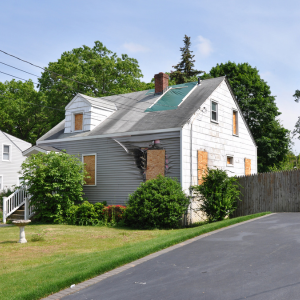
As a Virginia landlord, you should know the numerous options for resolving disputes involving tenant-damaged rental properties. While maintaining a positive connection with tenants and communicating any damages is preferable, it may be necessary to consider alternate solutions in some cases.
One alternative is to add specific sections in the rental agreement outlining the renters’ damages duties and the dispute resolution process. Mediation, facilitated by a neutral third party, can help landlords and tenants reach a mutually agreed agreement.
In more serious circumstances, litigation may be required to seek recompense for damages. It is critical for landlords to thoroughly analyze all options and select the appropriate line of action based on each dispute’s unique circumstances.
The Role Of Rental Insurance In Protecting Against Tenant Damages
Landlords in Virginia must be aware of the risk of tenant damages while renting out their property. While tenants must maintain the rental property, accidents, and unforeseen incidents might still occur.
Rental insurance protects landlords against these harms. By using rental insurance, landlords can have peace of mind knowing that they are financially protected if a tenant damages their property.
This coverage may also include any legal fees incurred due to tenant-caused damage. Landlords must carefully check their rental insurance policies to ensure they have appropriate coverage to protect their investments.
Best Practices For Screening Tenants To Avoid Potential Damages To Your Property
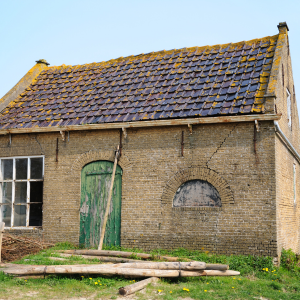
Knowing the possible hazards of tenant damage to your Virginia rental property is vital for a landlord. Completely vetting possible tenants before they move in is one of the best methods to prevent these losses.
This includes background and credit checks, confirming jobs and income, and referencing former landlords. Additionally, it is crucial to express exactly your expectations for the property’s upkeep and incorporate any leasing agreement laws or guidelines.
Selecting conscientious tenants will help you significantly reduce the likelihood of expensive damage to your rental property.
Handling Emergency Repairs For Tenant-caused Damages In Virginia Rentals
One of the most important things to grasp as a Virginia landlord is how to handle tenant-caused damages and emergency repairs. Accidents and crises still occur even if we wish for our renters to treat our rental properties well.
Under these circumstances, landlords should be ready and know the correct actions to take to minimize more damage and guarantee the tenants’ safety. This covers knowing your insurance coverage, having a consistent network of contractors and repair businesses, and knowing your legal obligations and rights as a Virginian landlord.
Proper understanding and preparedness will enable landlords to handle emergency repairs resulting from their renters efficiently, thus avoiding further stress or problems.
Balancing Fairness And Accountability When Addressing Tenant-inflicted Damages
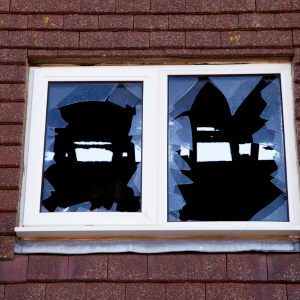
When dealing with tenant-caused property damage in Virginia, landlords must strike a fine balance between fairness and responsibility. While discovering tenant-caused damage might be unpleasant, it is critical to approach the matter with fairness and respect.
This includes accurately documenting any damages and communicating explicitly with the tenant about their obligations for repairs or replacements. It is also critical to analyze the conditions around the damage, such as regular wear and tear vs purposeful harm.
Maintaining a fair and accountable strategy can help landlords resolve tenant-inflicted damages while maintaining strong tenant relationships.
Factors That Can Impact Liability For Tenant-caused Property Damage In Virginia
When Virginia owners rent out a home, they need to know that damage caused by tenants could happen and that they could be held responsible. What the state’s laws and rules say about how responsible the landlord is when a tenant damages property that belongs to the owner is very important.
Liability can be affected by the type of lease deal, the terms and conditions written in it, and the landlord’s level of maintenance of the rental property. In addition, proof like photos or written documents can change the result of any legal disputes involving damage caused by tenants.
Landlords need to know all about these things to keep themselves and their rental homes safe from losses.
What Are The Repair Rights For Tenants In Virginia?
Renters and proprietors in Virginia are each granted distinct rights and obligations regarding property damage. Tenants are expected to report any damages and maintain the property in a timely manner, while proprietors are responsible for keeping the property in habitable condition.
Landlords are authorized to deduct reparation expenses from the security deposit or bring legal action in the event of tenant damage. In addition, tenants are entitled to contest any charges or repairs they perceive as unjust.
Understanding the reparation rights of each party is crucial for preventing conflicts and guaranteeing equitable treatment.
How Long After You Move Out Can A Landlord Charge You For Damages In Virginia?
When tenants damage your Virginia rental property, you, as the owner, need to know the rules and laws about what to do. Landlords often want to know how long they must charge a renter for damage done after the tenant moves out.
State law says landlords have 45 days from the move-out date to look at any damage, write it down, and send the former renter a list of all the fees that need to be paid. However, this deadline can be pushed back if there are particular circumstances or the lease deal sets a different one.
Landlords need to know these dates and stick to them to handle any damage their renters cause properly.
This information applies to Virginia and its cities, including Alexandria, Fairfax, Richmond, and more. For assistance or questions, please call us at (804) 376-8771. You can also visit our website at Cash For Houses Girl for more details.
Selling Resources For Virginia Homeowners
| [ | |||||
| “ | ] | “ | ] |

